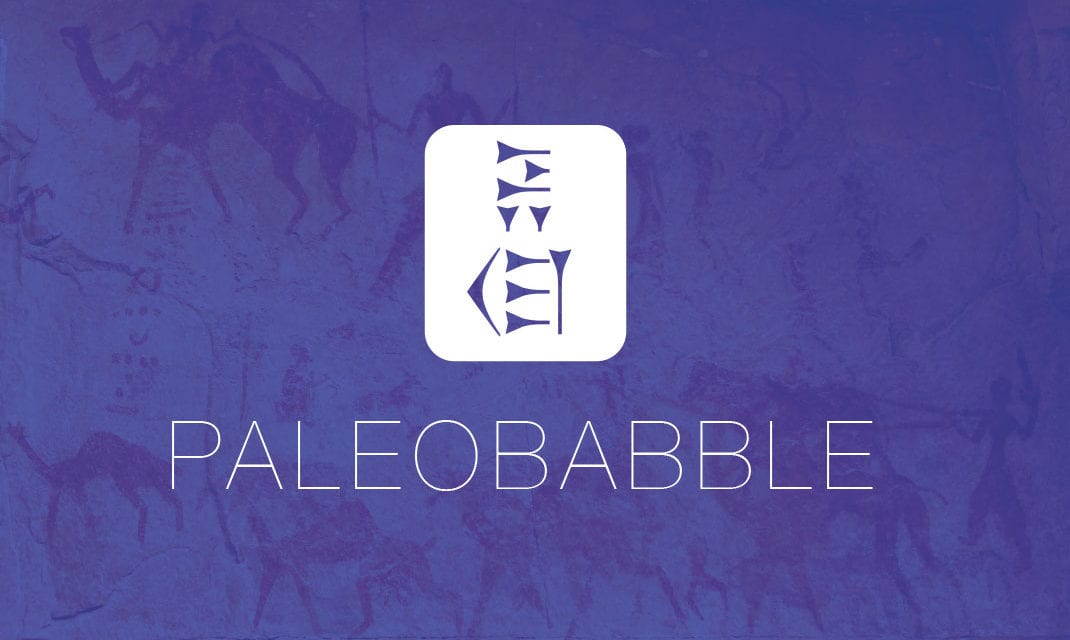You can listen to the interview here. The planned subject was ancient astronaut material, but the interview wound up going in all sorts of directions.
Toward the end I talk about the importance of peer-review in scholarly publishing. I mentioned Robert Bauval’s Orion correlation theory as an example of what ought to happen — someone from an alternative perspective submits their ideas to peer review. Experts are smart enough to know if what’s being submitted is worth talking about, and Bauval has been published in journals like Discussions in Egyptology. Bauval is living proof that (in the humanities at least) the peer review process doesn’t just reflexively reject alternative ideas. Most (all?) mainstream Egyptologists don’t buy Bauval’s theory, but it was still published and has drawn a lot of interaction. Most of the interaction has occurred in journals that are not freely accessible to the public (I’ve collected at least thirty articles). But here are two examples that are publicly accessible:
G. Magli, “Akhet Khufu: Archaeo-astronomical hints at a common project of the two main pyramids of Giza, Egypt” (Akhet Khufu = “the horizon of Khufu” in ancient Egyptian)
G. Magli, “On the possible discovery of precessional effects in ancient astronomy”
No aliens needed, by the way. This is all naked-eye astronomy and math.






Great witness and finesse you show.They all are secretly just dying to get you straight to bible questions.I am impressed. I am more impressed with the amazing Acts series. Wow.
It helps to just give honest answers and insist others do the same.